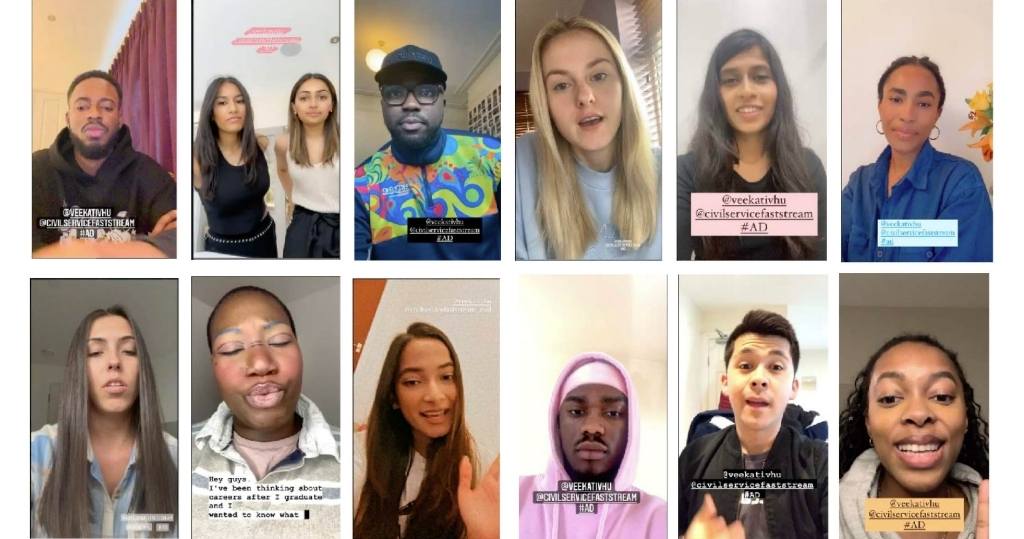The competition for skilled talent continues to intensify, with LinkedIn’s Global Talent Trends reporting that 76% of hiring managers struggle to find qualified candidates for their most challenging positions. This talent shortage affects organizations across industries, particularly when recruiting for roles requiring specialized knowledge, rare skill combinations, or experience in emerging fields.
Many internal recruitment teams excel at handling standard hiring needs but face significant challenges with specialist or hard-to-fill positions. According to a recent McKinsey survey, 68% of talent acquisition leaders acknowledge limitations within their teams when tackling these difficult searches. Even well-resourced internal teams may lack the specialized networks, market insights and targeted approaches needed to successfully attract candidates for these positions.
This is where modular RPO solutions offer strategic value. Unlike traditional full-service RPO (recruitment process outsourcing) models, modular RPO allows organizations to selectively outsource specific components of their recruitment process. This targeted approach enables companies to augment their in-house capabilities with external expertise precisely where they need additional support, while maintaining control over their broader recruitment strategy and employer brand.
Build vs. Buy: The Case for Modular RPO
Building in-house capabilities to handle all recruitment challenges involves substantial investment that may not deliver optimal returns. Organizations must consider whether dedicating internal resources to occasional hard-to-fill roles makes financial sense, especially when these specialized recruitment needs fluctuate.
Modular RPO solutions provide a flexible alternative that complements existing recruitment teams. Benefits include:
- On-demand access to specialized expertise without increasing permanent headcount
- Scalable support that adjusts to hiring volume fluctuations
- Predictable fee structures for better budget management
- Ability to keep in-house recruiters focused on positions where they excel
For challenging recruitment needs—particularly those that are intermittent or require specialized approaches—modular RPO delivers compelling value through faster hiring, higher-quality candidates and a cost structure that aligns with actual business demands.
Use Cases for Modular RPO
Understanding which roles or parts of your recruitment process would benefit most from modular RPO interventions, like PeopleScout Amplifiers™, is the first step toward an effective talent acquisition strategy. Here are just a few areas where an RPO partner can deliver value:
In-Demand Technical Roles & Emerging Skill Sets with Limited Talent Pools
Modular RPO solutions excel when it comes to sourcing positions in high-demand technical domains like software development, cybersecurity, data science and cloud architecture. This approach is particularly valuable when recruiting for emerging specialties with limited talent pools like quantum computing specialists, blockchain developers or AI ethics experts.
These specialized roles require targeted sourcing strategies and access to niche communities. Rather than having your in-house recruiters spend extensive time finding and engaging passive candidates, consider outsourcing the sourcing stage through a modular RPO engagement. For example, PeopleScout’s Talent Sourcing solution provides dedicated recruitment specialists who identify qualified candidates and generate excitement about your opportunities. This delivers a personalized candidate experience while providing you with a curated list of qualified, enthusiastic applicants.
Positions with Compliance Requirements
Industries like healthcare, financial services and pharmaceuticals operate under strict regulatory frameworks that add complexity to the hiring process. Beyond finding qualified talent, recruiters must navigate industry-specific regulations and compliance requirements, as well as ensuring candidates have necessary certifications. Even in less regulated industries and high-volume hiring scenarios, recruiters are required to ensure confirm background checks and right-to-work document verification has been completed.
Modular RPO solutions can target these specific administrative compliance tasks without requiring a full-scale outsourcing engagement. PeopleScout’s Recruiter On-Demand™ solution allows you to supplement your team with experienced project-based recruitment professionals. This solution can be implemented quickly for short-term needs, giving you targeted RPO benefits precisely where they’re needed in your recruitment process.
Roles Requiring Specialized Assessment Solutions
Positions that require unique assessment approaches—such as technical roles requiring coding tests or roles demanding simulation exercises—benefit from RPO providers with expertise in designing and delivering custom talent assessment solutions. These partners can create evaluation protocols that effectively measure both technical competencies and cultural fit.
Assessment-focused modular RPO services can help organizations implement tailored evaluation methods. For example, PeopleScout’s Assessment Transformation helps organizations deploy talent assessments that not only enhance the recruitment experience for candidates but also accurately assess candidate capabilities. By outsourcing just this component of the recruitment process, you can enhance your ability to identify truly qualified candidates with the right skills and aptitudes.
Strategic Advantages of Modular RPO
Organizations that strategically leverage modular RPO gain a significant advantage in securing hard-to-find talent. By selectively enhancing your recruitment capabilities with specialized expertise exactly where needed, you can overcome persistent hiring challenges while maximizing the effectiveness of your internal team.
Ready to transform your approach to hard-to-fill roles? Explore PeopleScout’s Amplifiers™ suite of modular RPO solutions, designed to provide targeted expertise exactly when and where you need it most.











